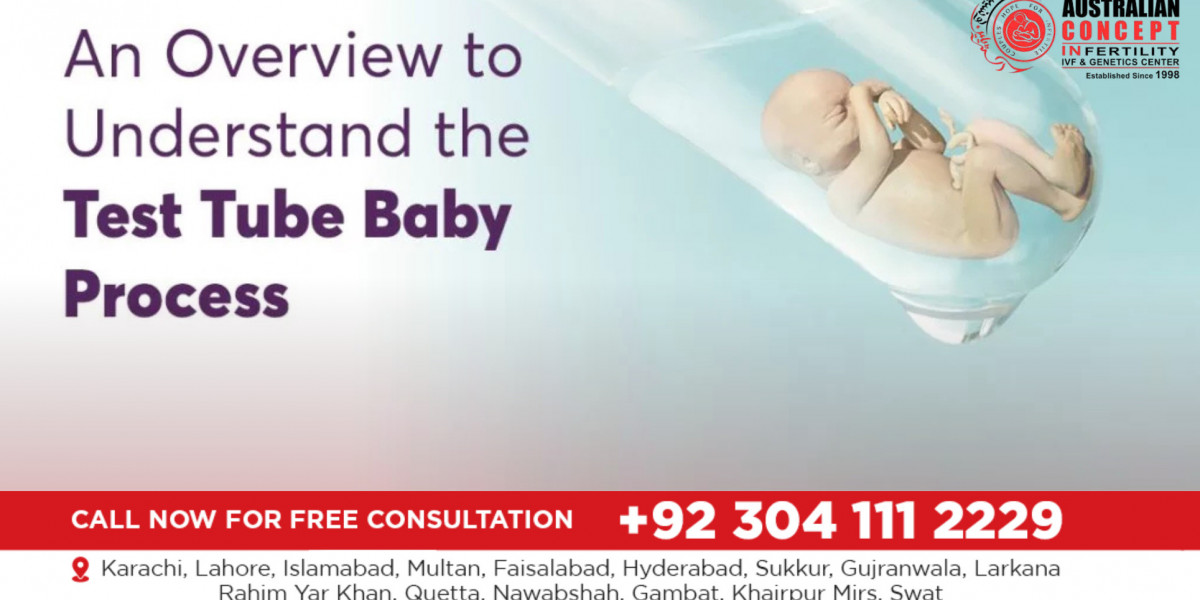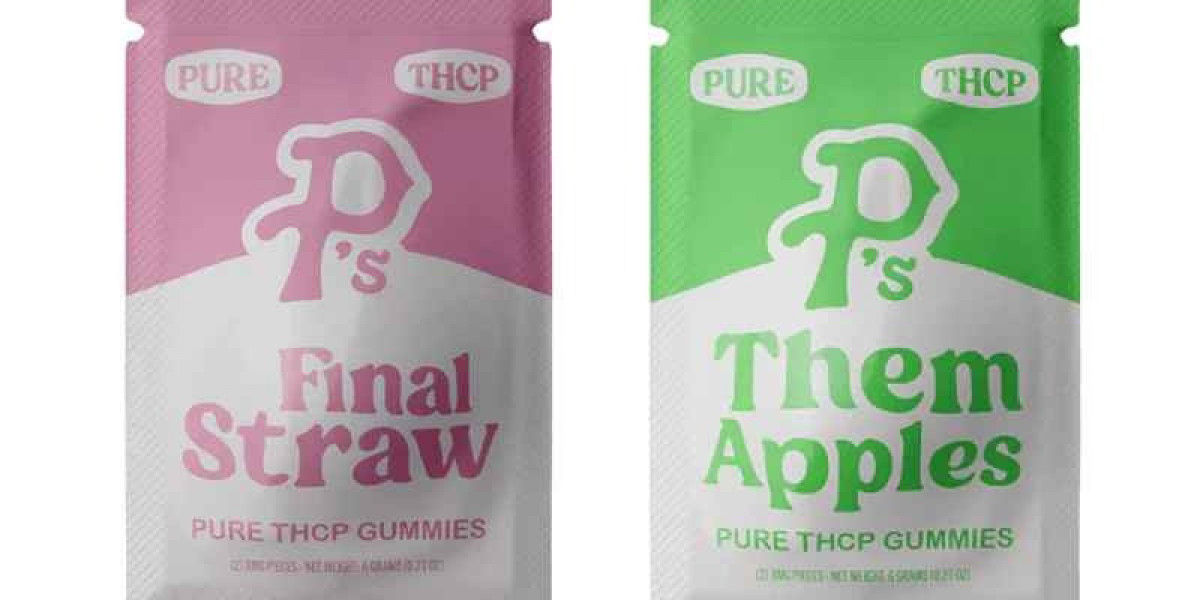The journey to parenthood is one of the most cherished dreams for couples. However, infertility challenges can make it difficult for some to conceive naturally. With medical advancements, treatments such as the test tube baby process, commonly known as in vitro fertilization (IVF), have given hope to millions of families worldwide.
Why Age Matters in IVF Success
Age plays a crucial role in fertility. Women are born with a fixed number of eggs, and this reserve gradually decreases with age. Both egg quantity and quality decline significantly after the mid-30s, affecting the chances of natural conception as well as assisted methods like IVF.
In men, age also impacts fertility, but the decline in sperm quality is more gradual compared to women’s egg health.
Success Rates by Age in the Test Tube Baby Process
The effectiveness of IVF varies according to age groups. Research and global statistics show the following trends:
Women under 35 years: This age group has the highest success rates. On average, 40–50% of IVF cycles may result in a live birth. Egg quality is generally strong, increasing the chances of healthy embryos.
Ages 35–37 years: Success rates remain relatively good, around 30–40%. However, a gradual decline in ovarian reserve begins. Doctors may recommend earlier attempts in this range.
Ages 38–40 years: IVF effectiveness drops further, with success rates of about 20–25%. Egg quality issues, chromosomal abnormalities, and reduced ovarian reserve become more common.
Over 40 years: Chances decrease significantly, often below 10–15%. Many women in this age group may require donor eggs to achieve a successful pregnancy.
Male Age and Its Role
While female age has a stronger effect, male age also influences IVF outcomes. Sperm quality, motility, and genetic integrity can decline with age, especially after 45. This may increase the risk of complications or reduce embryo quality.
Can IVF Work at an Older Age?
Yes, IVF can still be an option for women above 40, especially with donor eggs or advanced procedures like ICSI. However, couples should have realistic expectations. Early consultation with a fertility specialist can help determine the most suitable approach based on age and health factors.
Factors That Can Improve IVF Outcomes
Apart from age, several lifestyle and medical factors affect IVF success. These include:
Maintaining a healthy weight
Avoiding smoking and alcohol
Managing stress levels
Following a balanced diet rich in vitamins and minerals
Seeking early medical guidance for fertility challenges
These steps can improve overall reproductive health and increase the chances of IVF success, regardless of age.
Conclusion:
Age is one of the strongest predictors of IVF success. The test tube baby process is most effective in women under 35, with success rates gradually declining as age increases. For couples considering treatment, consulting a infertility specialist early can make a big difference. By understanding the role of age and making informed choices, couples can take confident steps toward achieving their dream of parenthood.














